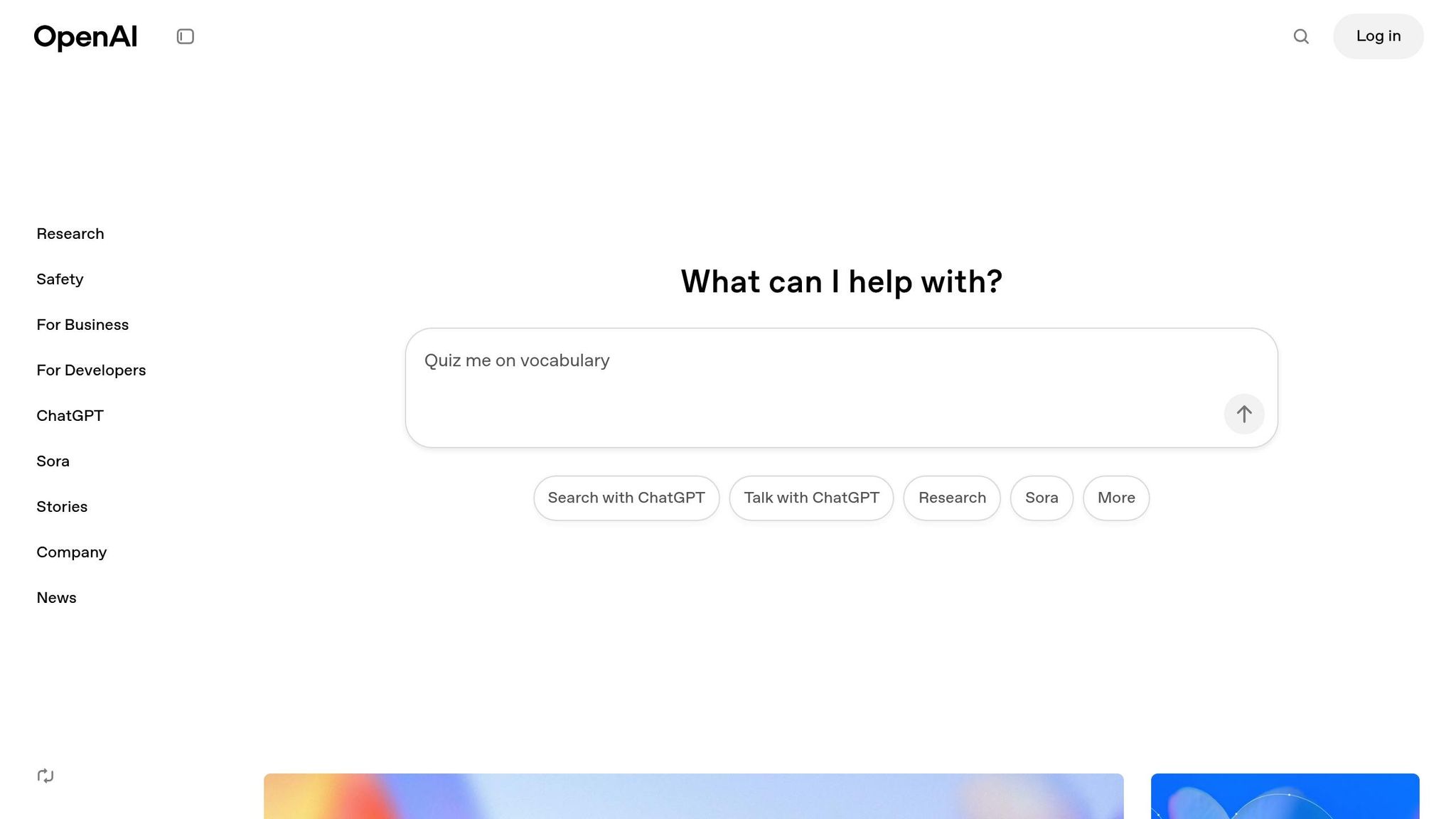OpenAI is in an Ontario courtroom this week, presenting arguments that a copyright lawsuit filed by a group of Canadian news publishers should instead be heard in the United States. The case involves allegations that OpenAI used Canadian news content to train its generative AI system, ChatGPT, without permission or compensation.
The lawsuit, brought by a coalition of Canadian media outlets - including The Canadian Press, Torstar, The Globe and Mail, Postmedia, and CBC/Radio-Canada - claims OpenAI breached copyright by scraping substantial amounts of their content. This marks the first case of its kind in Canada and raises significant questions about how laws apply to evolving AI technology.
OpenAI Argues for U.S. Jurisdiction

OpenAI, headquartered in San Francisco, argues that the Ontario Superior Court does not have jurisdiction over the case, primarily because the company conducts no business in Ontario. In court filings, OpenAI notes that its subsidiaries are incorporated in Delaware and that the alleged activities, including the training of AI models and automated web crawling, took place outside of Canada.
"The alleged conduct - namely, the training of AI models and the automated crawling of web content - occurred entirely outside Ontario", the company stated. It further argued that Canadian copyright law does not apply to activities conducted outside the country. "Canadian copyright law does not apply to extraterritorial conduct", OpenAI said in its submission, adding that the location of the plaintiffs or their servers within Canada does not establish jurisdiction.
The company also pointed to ongoing copyright lawsuits in the United States, stating that legal precedents on this issue are still emerging there. OpenAI cautioned that conflicting rulings could arise if Canadian courts decide this case without waiting for U.S. courts to rule on similar matters. OpenAI’s filing noted that if American courts determine such AI training constitutes "fair use", a Canadian court ruling otherwise could create legal complications.
Publishers Defend Ontario’s Role in the Case
The Canadian news publishers strongly contest OpenAI's arguments, asserting that the Ontario court is the proper venue for the case. In their filing, the publishers argued that "there is a real and substantial connection to Ontario" given their significant presence in the province. The coalition highlighted that most of their journalistic content is created and delivered in Ontario, and they believe much of OpenAI’s alleged scraping of their content also occurred there.
"The News Media Companies are each Canadian owned or controlled, with their headquarters in Ontario", the filing stated. It further argued that the news content "is property that was largely created in Ontario, is owned by companies based in Ontario, and resides in significant part in Ontario."
The publishers also raised larger concerns about the implications of OpenAI's jurisdictional challenge. They warned that accepting the company’s interpretation could undermine Canada’s ability to oversee its digital economy. "Aside from being wrong in law, adopting OpenAI’s arguments and defining digital jurisdiction based solely on what they say is their lack of physical presence in the jurisdiction would mean Canada giving up jurisdiction over a large part of its digital economy", their court document stated. The publishers called this a "sobering prospect, particularly in the context of news media and its importance to Canadian sovereignty."
Dispute Over Broader Implications
OpenAI has accused the publishers of politicizing the case. The company’s filing dismissed the sovereignty arguments as irrelevant to the legal issues at hand. "These hyperbolic submissions are irrelevant to the jurisdictional issues", OpenAI stated. "Copyright’s territorial nature does not raise sovereignty concerns and attempts to politicize the motion through appeals to sentiment should be rejected as distractions from the legal issues."
Meanwhile, the publishers rebutted claims of potential conflicting rulings, emphasizing that Canadian and U.S. courts are applying their respective legal frameworks rather than conflicting over the same facts. "The consideration under this factor is whether different courts may reach conflicting decisions in respect of the particular facts of this case, not whether courts in the U.S. and Canada may apply their respective jurisprudence to reach different conclusions on novel legal issues", they argued.
A Landmark Case in AI and Copyright
The lawsuit, filed last year, is the first in Canada to address the practice of using copyrighted material to train generative AI models. The outcome could have significant implications for how copyright law is applied to emerging AI technologies. While similar cases in the United States have yielded some initial victories for AI companies, the legal landscape remains unsettled.
As both sides await the court’s decision on jurisdiction, the case underscores the challenges of regulating AI in a cross-border digital world. Whether the dispute remains in Canada or shifts to the United States, the legal questions it raises are poised to shape the future of copyright in the AI era.